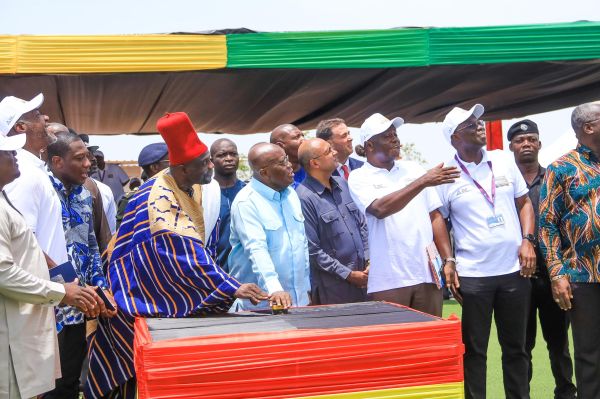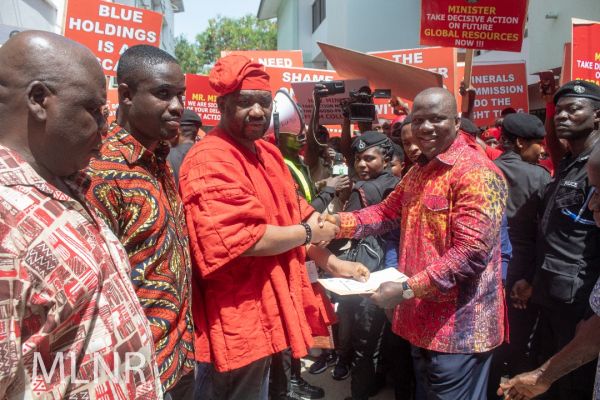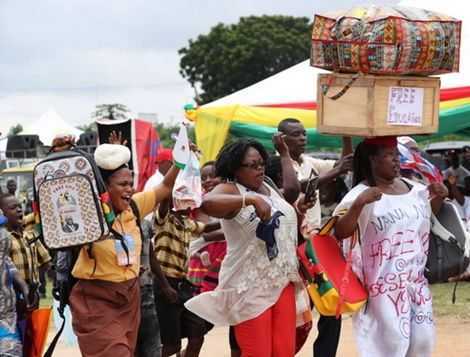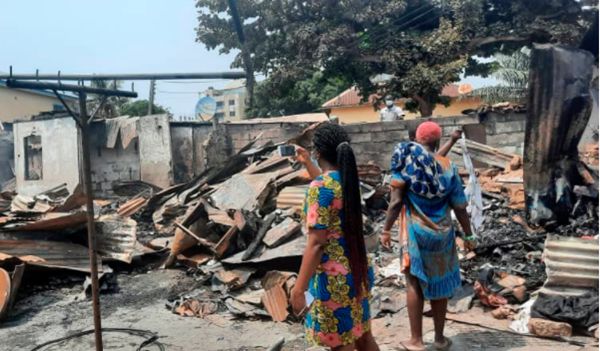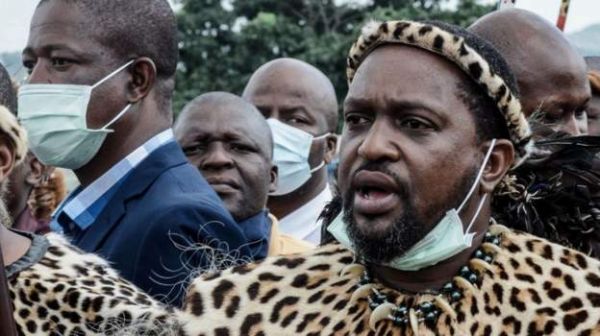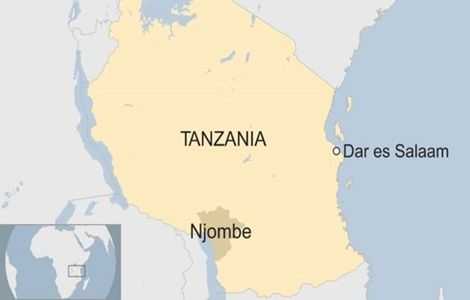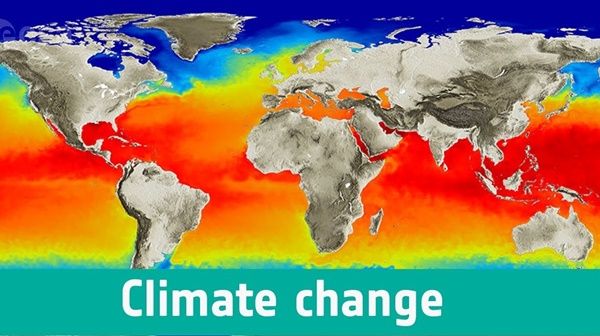
Ghana will commence preparatory activities towards the implementation of its Nationally Determined Contributions (NDCs), a climate plan, which has 47 adaptation and mitigation measures in the first quarter of 2022.
The NDCs are climate plans put together by countries in line with Article four of the Paris Agreement and UN Framework Convention Climate Change (UNFCCC) decisions.
They seek to advance climate-responsive food production systems, lowering deforestation, landscape restoration, scale up renewable energy and sustainable energy transition and mobilise investments into climate actions.
Dr Daniel Tutu Benefoh, Ghana’s Focal Person to the UNFCCC, told the GNA that the preparatory activities would start with the development of NDCs implementation roadmap to guide its operationalisation in the next nine years.
He said one of the key activities would be to engage and support Ministries, Department and Agencies to identify and develop bankable green project proposals to access finance.
“At the recently held COP 26 at Glasgow in the United Kingdom, both countries and private companies made announcements of financial opportunities, so we will work with these implementing bodies to put together concrete project proposals and identify investment sources,” he said.
Ghana plans to organise an NDCs investment forum to showcase investment opportunities in the climate sector.
Dr Benefoh explained that the forum would seek to expose the NDCs actions to the private sector and highlight commercially viable investment opportunities in the NDCs actions.
He said there were plans to undertake some awareness creation activities and training programmes locally on the NDCs.
The planned activities, he said, would be implemented in the first quarter depending on the availability of resources.
In accordance with the tenets of Article four of the Paris Agreement and UN Framework UNFCCC, Ghana updated its NDCs, which was passed by cabinet, approved by President Nana Addo, deposited at the UNFCCC secretariat and outdoored at the COP 26.
Ghana, already facing the impact of climate change, requires between US$ 9.3 and US$ 15.5 billion of investment to implement climate interventions from the year 2020 to 2030 to build resilience to protect vulnerable communities and ecosystems.
An amount of US$ 3.9 billion would be required to implement the 16 unconditional programmes of action till the year 2030.
The remaining US$ 5.4 billion for the 31 conditional programmes of action would be mobilised from the public, international, and private sector sources, and carbon markets.
Ghana will need an additional US$ 3 million biennially to support coordination actions and the regular international reporting of the NDCs.
The 19 policy actions, which translated into 13 adaptation and 34 mitigation programmes of action will generate absolute greenhouse gas emission reductions of 64 million tonnes of carbon dioxide-equivalent (MtCO2e).
It will also help avoid at least 2,900 premature deaths per year from improved air quality, create over one million decent and green jobs and cumulatively benefit nearly 38 million people with the majority being the youth and women.
GNA


